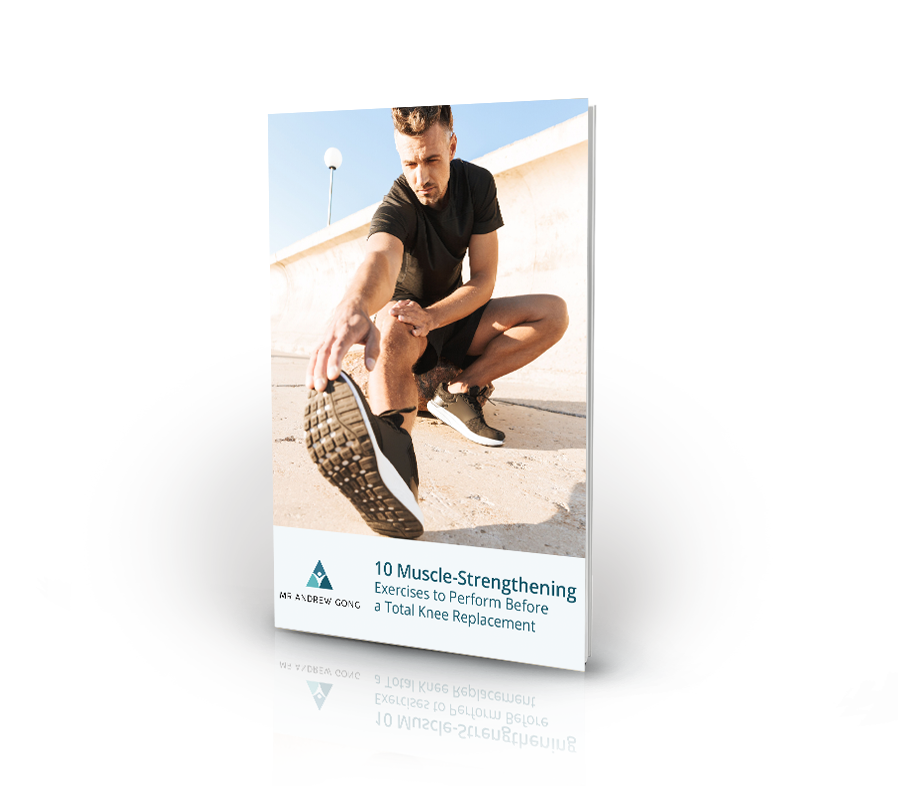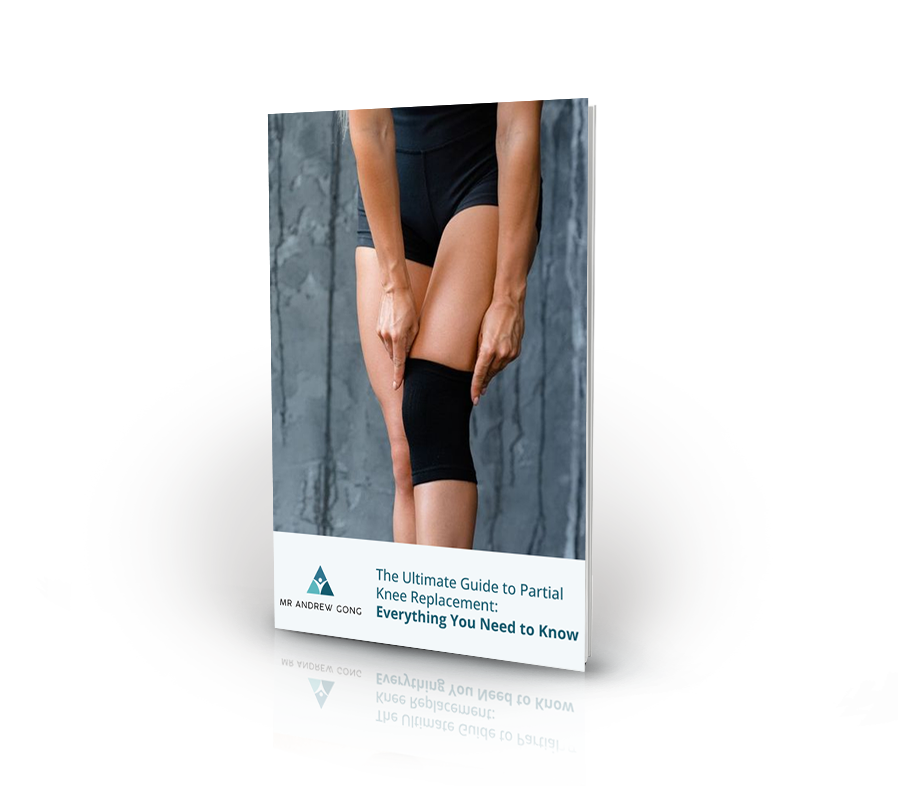Knee arthroscopy surgery in Melbourne offers a minimally invasive solution for individuals experiencing ongoing knee pain and related issues.
Mr Andrew Gong, a highly skilled orthopaedic surgeon, specialises in arthroscopic knee surgery and can help alleviate your symptoms through this advanced procedure.
For those considering knee arthroscopy in Melbourne, a consultation with Mr Gong is the first step in determining if this procedure is the right choice for you. Visit the consultation page to schedule an appointment and learn more about knee arthroscopy surgery.
What is Knee Arthroscopy Surgery?
Knee arthroscopy surgery is a minimally invasive procedure in which a surgeon uses a small camera and specialised surgical instruments inserted through small incisions to examine and treat problems in the affected knee joint. It is commonly used to repair damage to the meniscus cartilage, articular surface flaps, and ligaments.
The goal of arthroscopic knee surgery is to diagnose and treat problems with the knee joint, such as knee instability. It may also be used to remove loose pieces of bone or cartilage, repair damaged tissues, or release scar tissue.
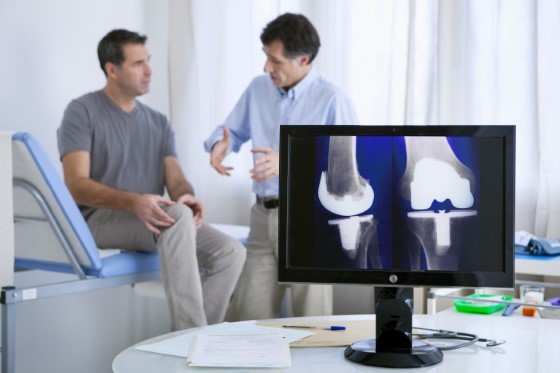
Knee arthroscopy, performed under general or spinal anaesthesia, is a minimally invasive procedure to treat knee conditions.
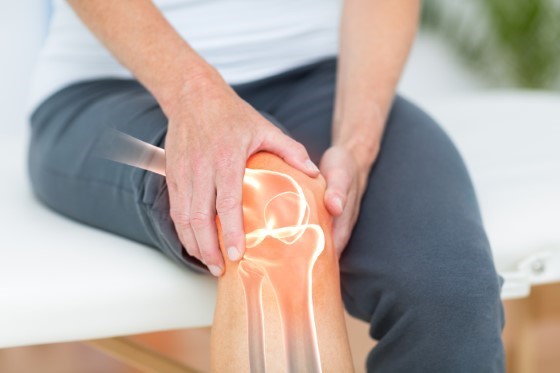
Knee arthroscopy is successfully able to assist with
several knee conditions, such as knee blade pain.
Signs and Symptoms Indicating the Need for Knee Arthroscopy
A surgeon may recommend knee arthroscopy surgery if you experience any of the following symptoms:
- Pain in the knee that does not go away with rest and activity modification
- Reduced range of motion in the knee
- Loss of strength in the knee
- Instability in the knee
- Pain when moving the knee in certain directions
- A popping sensation when moving the knee in certain directions
- A grinding sensation when moving the knee in certain directions
- Swelling and/or warmth of the knee
- visible deformity in the knee
Common Injuries Treated by Knee Arthroscopy
A knee arthroscopy can assist with the following types of injuries:
- Bone spurs
- Frozen knee
- Injuries to the tissue around your knee socket
- Osteoarthritis
- Knee impingement syndrome
- Torn meniscus
- Loose bodies associated with synovial cartilage metaplasia

After a knee arthroscopy surgery, there is minimal scarring,
and recovery takes approximately 1 to 2 weeks.
How is a knee arthroscopy procedure performed?
Knee arthroscopy is a minimally invasive surgical procedure administered under general anaesthesia that uses a small camera, called an arthroscope, to look inside the knee joint. The camera is connected to a monitor, allowing your surgeon to view the inside of your knee in real time.
During the procedure, your surgeon will make a small incision in your knee and insert the arthroscope. This allows the surgeon to examine the joint structures, such as cartilage, for damage and make any necessary repairs.
The procedure may involve removing any damaged tissue. Your surgeon may also inject medications into the joint to reduce inflammation and swelling.
At the end of the procedure, the arthroscope and instruments are removed, and the incisions are closed with sutures. After the procedure, you may need to wear a sling to help support your knee while it heals. Medication may be prescribed to relieve pain and swelling.
Knee Arthroscopy Risks to Consider
Although knee arthroscopy is considered a minimally invasive procedure, even minor surgical or invasive procedures carry risks. The risks and complications of knee arthroscopy include:
- Nerve injury
- Stiffness
- Bleeding
- Blood clots
- damage the blood vessels.
- Joint instability
- Infection of the joint lining
- Risks associated with the anaesthesia used during the procedure
Knee Arthroscopy Surgery Cost in Melbourne
The cost of arthroscopic knee surgery in Melbourne will depend on the specific condition of the knee. Once Mr Andrew Gong has conducted a thorough assessment, which may include blood tests, X-rays, or scans, he will be able to provide a detailed quotation.
This will include the pricing of the surgical procedure, the hospital stay, and the anaesthetist. Mr Gong’s team will also advise if any rebates apply for Medicare or any other health insurance.
How Mr Andrew Gong Can Help
with Your Knee Arthroscopy
Mr Andrew Gong is an experienced orthopaedic surgeon who has successfully completed numerous knee arthroscopy and reconstruction surgeries. He is fellowship-trained in hip, and knee surgery. Mr Gong is experienced in using cutting-edge technology and techniques, including minimally invasive and robotic-assisted knee arthroscopy.
For more information about Mr Gong and his practice, please visit the Meet Mr. Gong and the clinic pages on his website. To learn more about the conditions he treats and the treatments he offers, explore the conditions and treatments and knee treatment and conditions pages. If you’re ready to take the first step towards addressing your knee pain, contact Mr Gong’s practice to schedule a consultation through the contact us page.
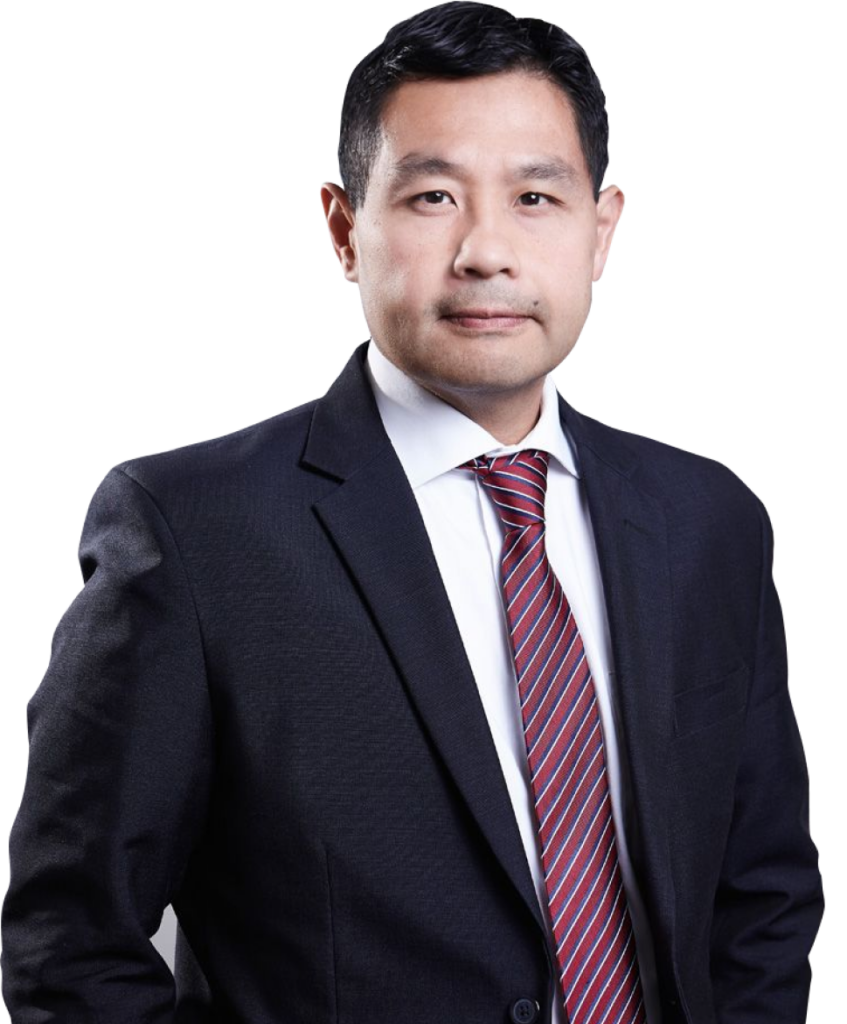
Our Expert Doctor
Mr. Andrew Gong
MBBS, FRACS (Orth), F.A.Orth.A
Mr. Andrew Gong is a highly skilled orthopaedic surgeon in Melbourne with over two decades of experience in hip and knee surgery He is a fellow of the Australian Orthopaedic Association (AOA), a fellow of the Royal Australasian College of Surgeons (RACS), and an overseas affiliate member of the American Academy of Orthopaedic Surgeons.
How to schedule a consultation
If you would like to schedule an appointment to see Mr Andrew Gong, please do so via the following methods:
Our Locations
- Box HillEpworth Eastern, East Wing Tower
Level 14, Suite 14.3
25 Nelson Road, Box Hill VIC 3128
- HealesvilleGet Well Clinic
408 Maroondah Hwy
Healesville VIC 3777, Australia
- RichmondMelbourne Bone and Joint Clinic
27 Erin Street
Richmond VIC 3121, Australia
Frequently Asked Questions
If you require more information on knee arthroscopy surgeries, please review our most frequently asked
questions section. If you still need more detailed information, please feel free to contact us directly.
Is it worth having a knee arthroscopy to fix an injured knee joint?
In some cases, a knee arthroscopy may be the best option for relieving pain and restoring function to the knee joint, while in other cases, other treatments may be more appropriate.
It is important to speak to your doctor to discuss your individual situation and the best course of treatment.
How long does it take to recover from knee arthroscopic surgery?
Recovery time after knee arthroscopic surgery varies depending on the type of procedure performed and the individual’s overall health. Generally, most patients take two to four weeks to fully recover from the surgery.
Is arthroscopic knee surgery a major surgery?
Arthroscopic knee surgery is considered a minimally invasive procedure. However, it is still a serious medical procedure and should be discussed with a doctor or surgeon.
Can you walk after knee arthroscopy surgery?
How can I prevent a knee joint injury?
To help prevent a knee joint injury, it may help to stretch before and after physical activity, wear supportive shoes, and use proper technique when exercising. It is also important to avoid overuse, such as repetitive motions or activities that put too much strain on the knee.
This information is not intended to be used for diagnosis or treatment. It is aimed at presenting a perspective only
and is not a substitute for a prescription. Anyone experiencing a medical condition should consult their doctor.

